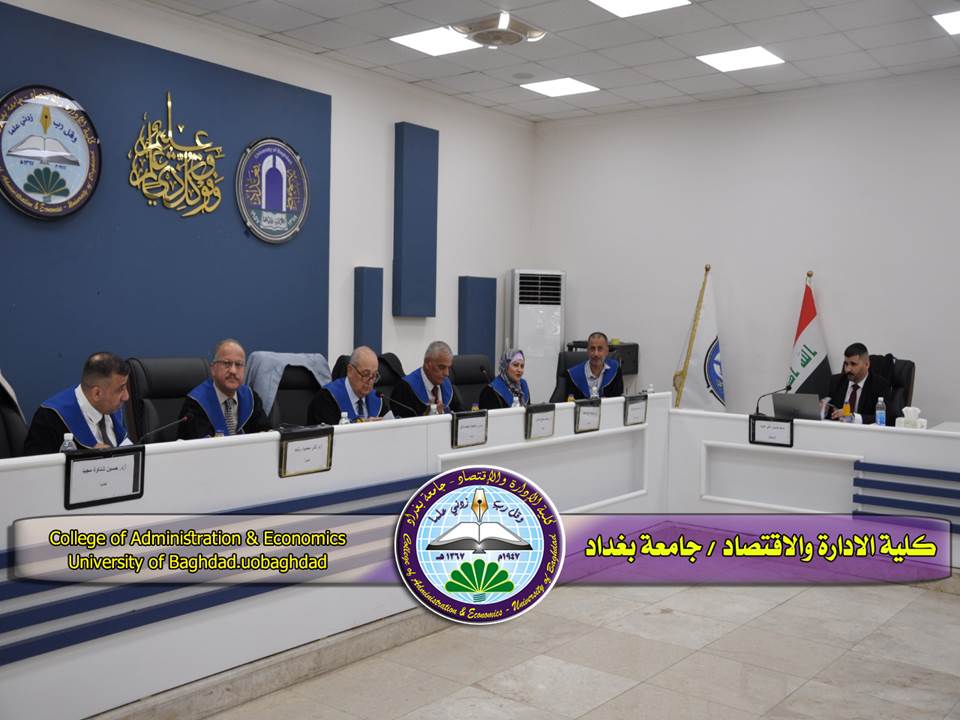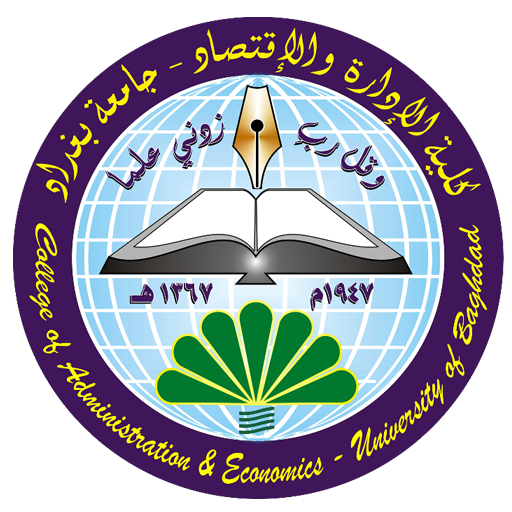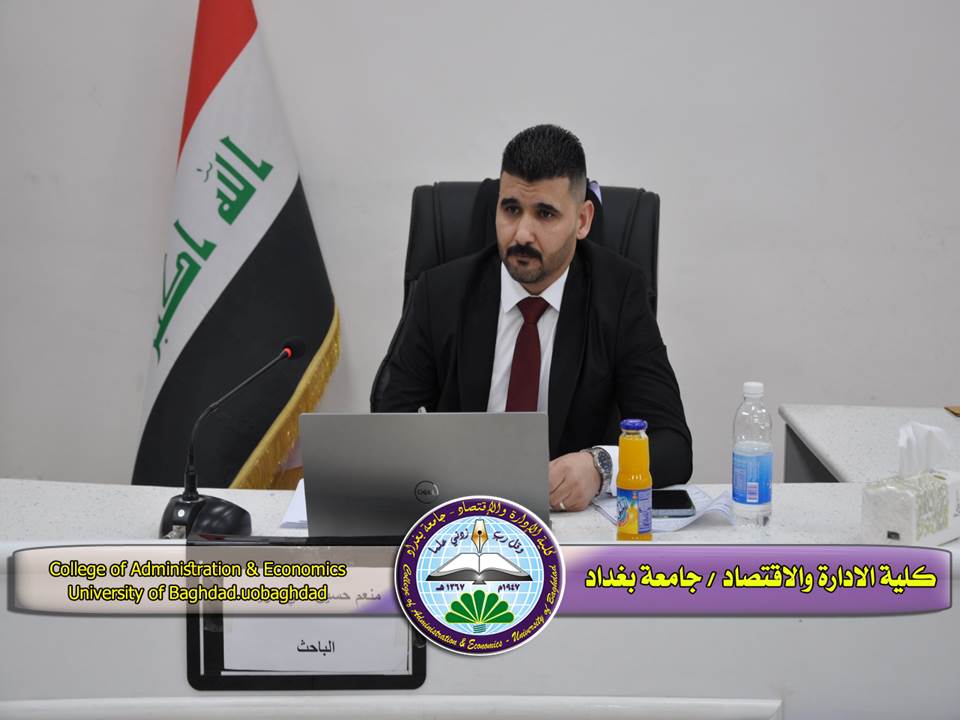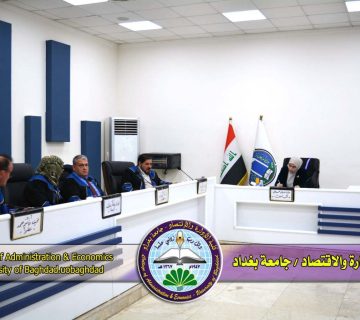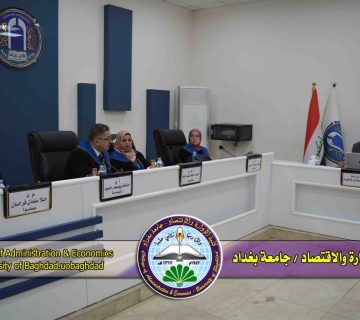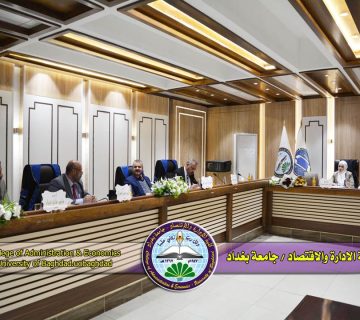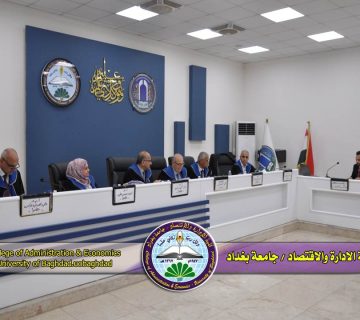The College of Administration and Economics at the University of Baghdad discussed, a PhD dissertation in field of Economic by the student (Muneam Hussein Ali ) and tagged with (The impact of aggregate supply shocks on inflation and household consumption in Iraq ) , Under supervision of (Assist.Prof. Dr. Samir Siham Daoud)
The research aims to analyze the nature of aggregate supply shocks, their types, sources, and their impact on inflation and household consumption in Iraq during the period (2004-2023). The Iraqi economy is more vulnerable to shocks than others due to its rentier nature and the structural imbalances it suffers from. Therefore, it has become important to investigate the extent of the impact of these shocks on inflation and the consumption patterns of Iraqi families, and to demonstrate the extent of fiscal and monetary policy responses to mitigate their effects. The focus was on the aggregate supply shock of 2014 and the aggregate supply shock due to the COVID-19 pandemic. Through analyzing available data on household budgets, the research concluded that the percentage of families affected by the dual shock of 2014 reached 91.39%, with an increase in consumer spending by Iraqi families on essential goods during the COVID-19 shock, reaching 140,750,876.5 million dinars in 2023. These shocks had negative impacts on inflation and consumption patterns for Iraqi families, especially families with daily incomes, due to the decline in their purchasing power due to the rise in the general standard of living. Prices have risen, forcing Iraqi families to reconsider the way they distribute their spending among the main consumer groups, forcing them to give up some needs in order to satisfy the needs that are more important from their point of view. In addition, standard tests have shown that the positive aggregate supply shock due to the rise in oil prices had a short-term impact, while the negative aggregate supply shock has a long-term negative impact. The study recommended the necessity of protecting the Iraqi economy against economic shocks by addressing the structural imbalances it suffers from, which are considered an outlet for economic shocks, with the necessity of building buffers to enhance the resilience of human development for families under conditions of economic shocks, especially poor families, and the necessity of working fiscal and monetary policy in a harmonious manner when responding to shocks to avoid adverse effects when using one of the two policy tools and the accompanying policy response.
